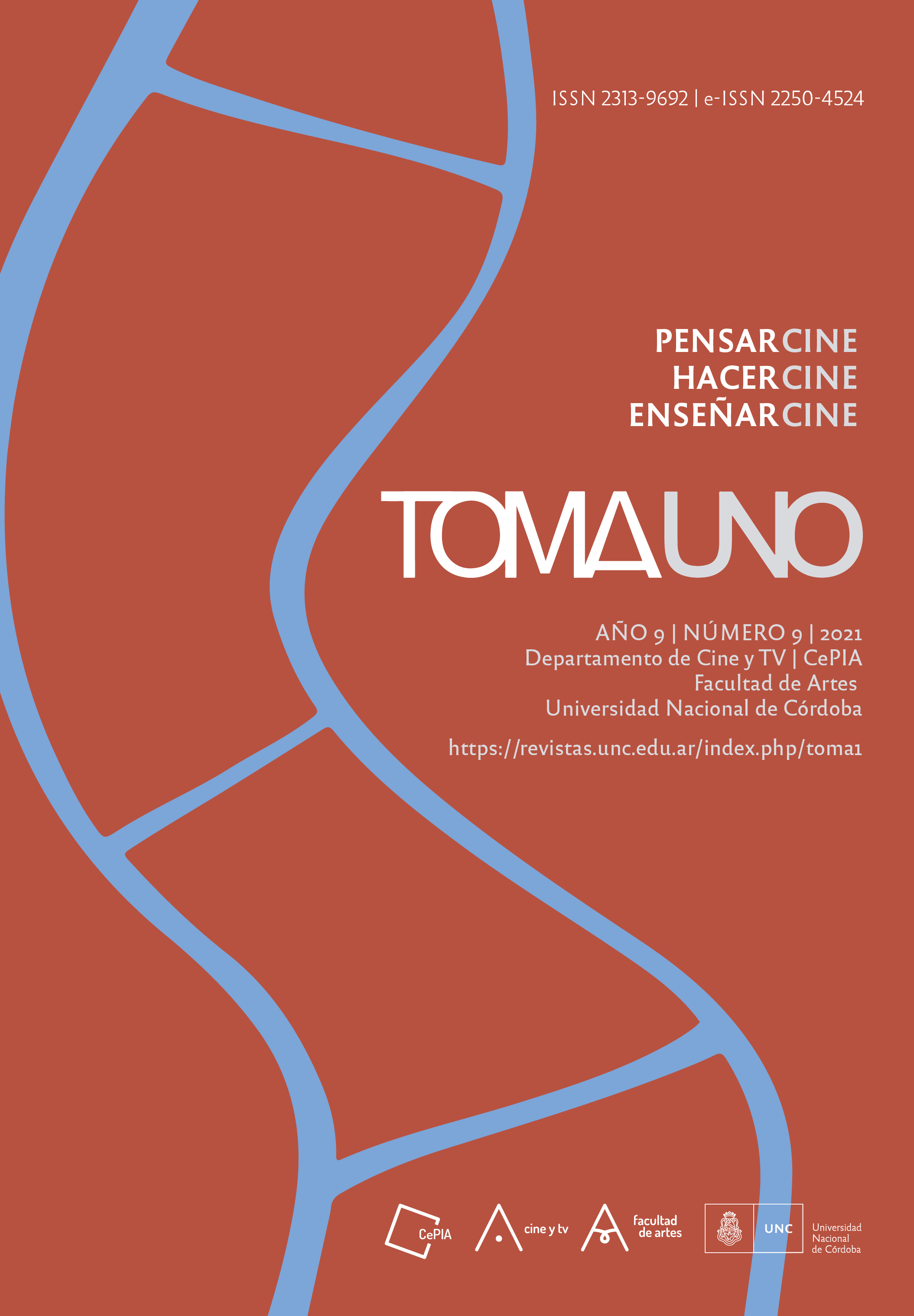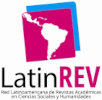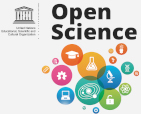The other History: fake documentary and true history
DOI:
https://doi.org/10.55442/tomauno.n9.2021.35778Keywords:
documentary, fake documentary, psychoanalysis, discursive community, historyAbstract
This article establishes a theoretical position that distinguishes between what is called conditional tense documentary and historical fake documentaries. In order to do this, the gap between a statement and the enunciation, and the concept of discursive community, will be the fundamental tools. Then, analyses of four historical fake documentaries are made. These movies affirm (not conjecture) alternative pasts and presents through the expressive tools of the documentary. This allows us to distinguish between the multiplicity of truths and the affirmation of a truth, the latter being the political project of fake documentary, and the emancipatory potential it has within documentary cinema.
Downloads
References
Aguilar, S. (2018). Casos problemáticos para la teoría del documental. Perspectivas de la Comunicación, 11(2), pp. 177-195. Recuperado el 2021, 1 de octubre de https://n9.cl/1vp7.
Bordwell, D. y Carroll, N. (Eds.) (1996). Post-Theory. Reconstructing Film Studies. Madison: The University of Wisconsin Press.
Foucault, M. (2000). Defender la sociedad. Curso en el Collège de France. 1975-1976. Buenos Aires: Fondo de Cultura Económica.
Lacan, J. (1987). Libro 11. Los cuatro conceptos fundamentales del psicoanálisis. 1964. Buenos Aires: Paidós.
Lacan, J. (1992). Libro 17. El reverso del psicoanálisis. 1969-1970. Buenos Aires: Paidós
Nichols, B. (1997). La representación de la realidad. Barcelona: Paidós.
Plantinga, C. (1996). Moving Pictures and the Rhetoric of Nonfiction: Two Approaches. En D. Bordwell y N. Carroll (Eds.), Post-Theory. Reconstructing Film Studies (pp. 307-324). Madison: The University of Wisconsin Press.
Plantinga, C. (2010). Rethoric and representation in nonfiction film. Grand Rapids: Chapbook Press.
Reed, N. (1971). La Guerra de Castas de Yucatán. México: Ediciones Era.
Ward, P. (2006). The Future of Documentary? ‘Conditional Tense’ Documentary and the Historical Record. En G. Rhodes y J. Springer (Eds.), Docufictions: Essays on the Intersection of Documentary and Fictional Filmmaking (pp. 270-283). Jefferson: Mcfarland & Co. Inc. Pub.
Žižek, S. (2008). Violence. Nueva York: Picador.
Featherstone, D. (Dir.) (1986). Babakiueria [cortometraje]. Australia: ABC TV.
Hense, J. y Rehr, D. (Dir.) (2009). Life After People [serie de televisión]. Estados Unidos: Flight 33 Productions.
Range, G. (Dir.) (2006). Death of a President [largometraje]. Reino Unido: Borough Films, Channel 4 Television Corporation.
Sawers, M. (Dir.) (2015). No Men Beyond this Point. [largometraje]. Canadá: Mark Sawers Productions, Radius Squared Mdia Group.
Willmott, K. (Dir.) (2004). CSA, Confederate States of America [largometraje]. EUA: Hodcarrier Films.
Published
How to Cite
Issue
Section
ARK
License
LicenseThis work is licensed under Creative Commons Attribution-NonCommercial-NoDerivs 2.5 Argentina .


































